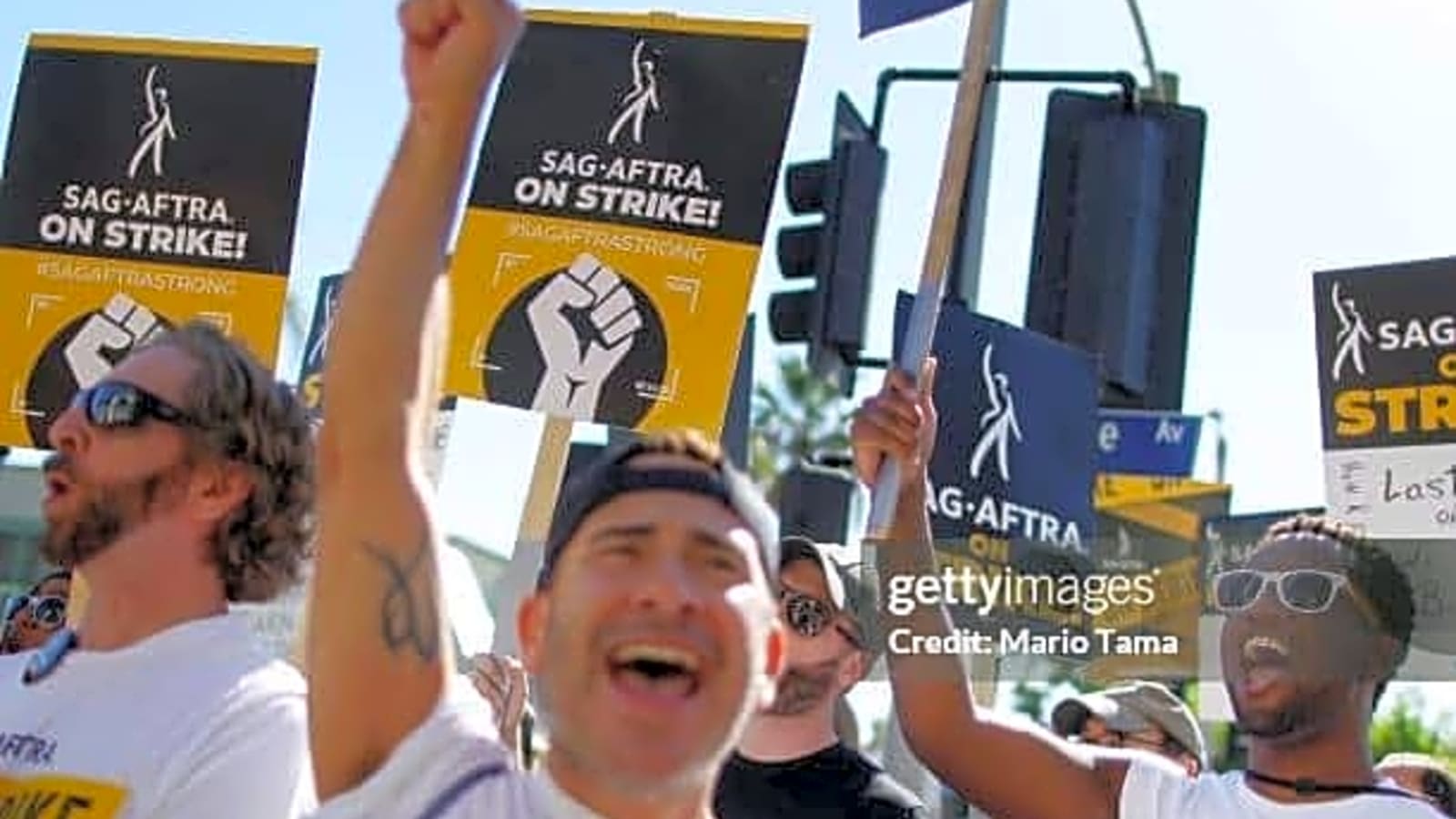
The nearly year-long strike against major video game companies has come to an end, with SAG-AFTRA finalizing a suspension agreement allowing its performers to return to work for those studios. On Thursday, the union’s national board of directors met to review this agreement. If the board approves it, they’ll then send the tentative new contract out to its membership for a ratification vote. That said, will the membership ultimately endorse the terms negotiated by their bargaining team?
SAG-AFTRA Strike Wins for Game Performers

As of now, SAG-AFTRA hasn’t disclosed specific contract details, so it’s unknown what gains were secured for voice and performance capture workers. Moreover, the final terms are still being prepared by the negotiating team for presentation. According to the union’s chief negotiator, Duncan Crabtree-Ireland, a tentative deal was announced on June 9. Moreover, this agreement protects performers’ livelihoods by securing essential AI guardrails alongside other significant gains. Furthermore, crucial defenses against artificial intelligence threats within the video game industry were also established by the deal.
Additionally, SAG-AFTRA president Fran Drescher spoke highly about the resolve of video game performers, praising them for standing strong against major employers in a highly lucrative global sector. However, only time will tell if this hard-won contract sufficiently addresses the specific concerns of performance capture artists regarding digital replication. What’s more, Descher not only credited the performers’ courage and persistence but also the negotiating committee’s tireless work for ultimately securing the agreement. Specifically, she stated that members were substantially better off than before the strike, as the new terms moved the needle forward significantly.
Companies Impacted by SAG-AFTRA Strike
The SAG-AFTRA strike impacted multiple major video game companies, including industry giants such as:
- Activision
- Disney Character Voices
- Electronic Arts
- Epic Games
- Formosa Interactive
- Insomniac Games
- Take 2 Productions
- WB Games Inc
When the strike happened, the union framed it as necessary because performer pay failed to keep pace with inflation. Not only that, but gaming companies’ use of artificial intelligence technology in contracts for voice and likeness performers also caused significant contention. With these AI applications creating reusable or manipulable digital replicas of performers’ voices, can they fundamentally threaten performers’ control over their own work? Specifically, SAG-AFTRA cited concerns about companies reusing or manipulating digital voice replicas for vocal performances without adequate performer consent or compensation. That’s why the strike was needed, as it directly addressed both economic pressures and emerging technological challenges within the industry.
Exploring the First SAG-AFTRA Strike
After eighteen months of unsuccessful negotiations, SAG-AFTRA initiated a strike against video game publishers on July 16, 2024, centering their concerns regarding performer consent and compensation for AI replica usage. Originally, negotiations for a new agreement commenced between the union and gaming publishers in October 2022. Furthermore, the overwhelming 98.32% member authorization vote last September reflected deep frustration with the prolonged lack of progress on core AI protections. In October 2016, the union first struck against video game makers, primarily fighting for residual compensation structures, before concluding nearly one year later in September 2017.
Gains of 2024 SAG-AFTRA Agreement
The SAG-AFTRA video game strike lasted significantly longer than the union’s 2023 Hollywood actors strike. In comparison, the video game strike continued for 320 days, while the previous spanned 118 days. Consequently, the tentative contract had additional details that were provided by a representative for the video game producers. According to spokesperson Audrey Cooling, this agreement strengthens three decades of partnership between the interactive entertainment industry and the union.
While the SAG-AFTRA deal delivers historic wage increases exceeding 24% for performers, it also enhances health and safety protections and industry-leading AI provisions. As these new AI regulations mandate transparency, consent, and compensation for digital replica usage, will they have a long-lasting impact? Cooling also emphasized that transparency and consent were required alongside compensation whenever companies utilize digital replicas within games. By addressing core union demands regarding both economic security and ethical AI usage, the agreement also ends the work stoppage among performers in the industry. The 2024 SAG-AFTRA strike is the second major confrontation within the past decade between performers and the industry over fundamental contractual rights
More must-reads:
- Weekly WNBA takeaways: It's time to take the Mercury seriously
- Key takeaways from USMNT's nerve-settling Gold Cup win over Haiti
- The 'Most home runs in a season by MLB franchise' quiz
Breaking News
Trending News
Customize Your Newsletter
 +
+
Get the latest news and rumors, customized to your favorite sports and teams. Emailed daily. Always free!








